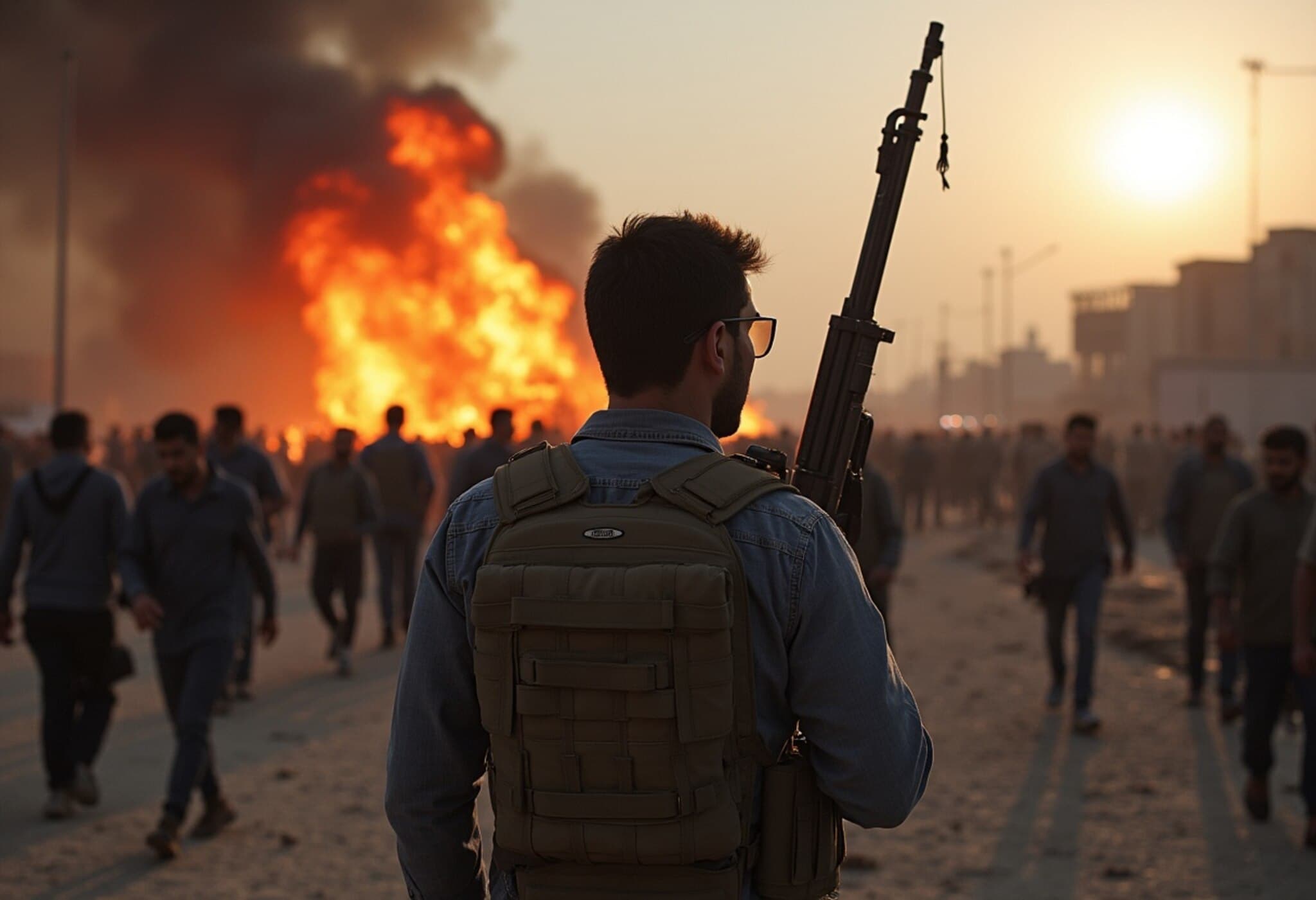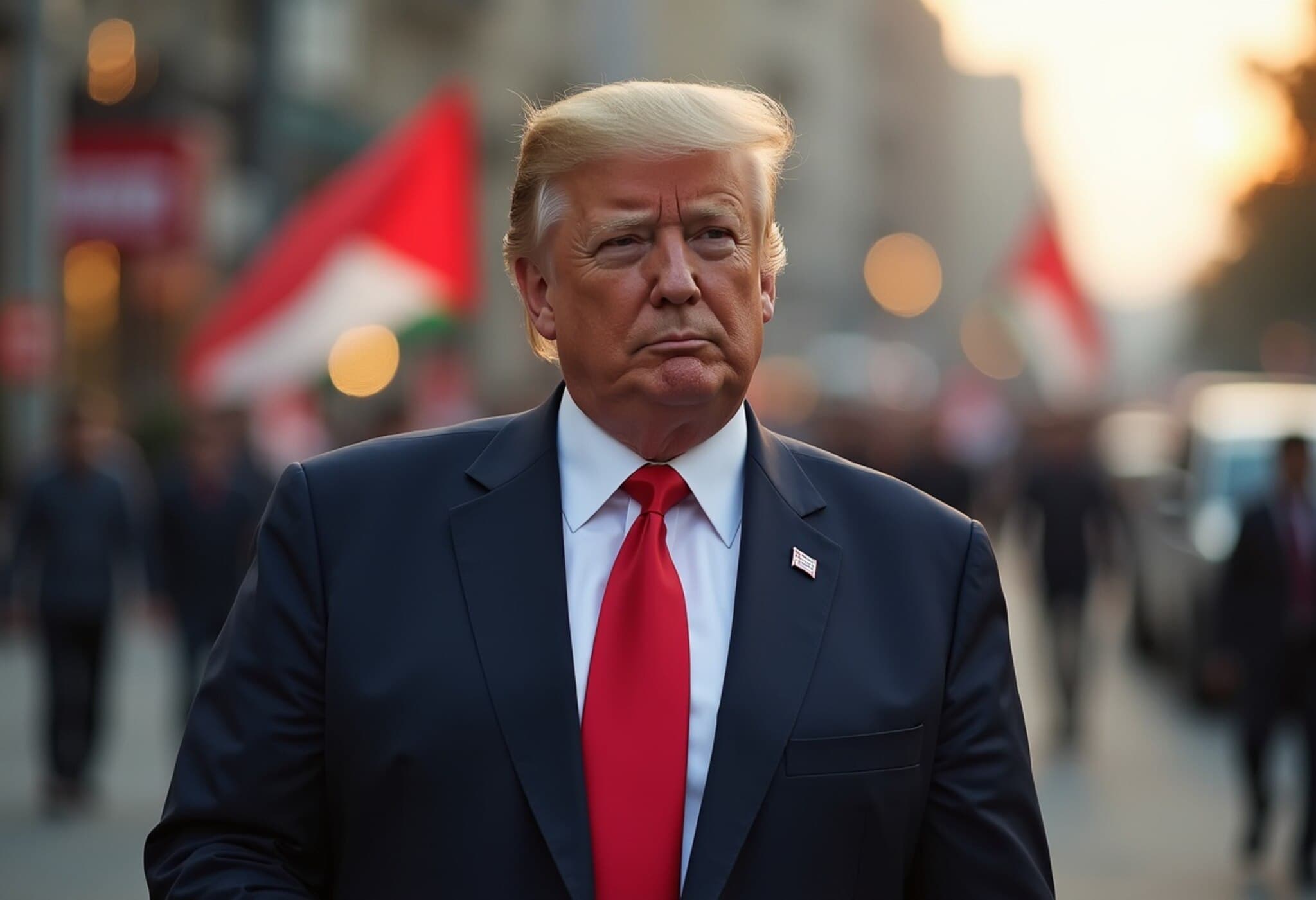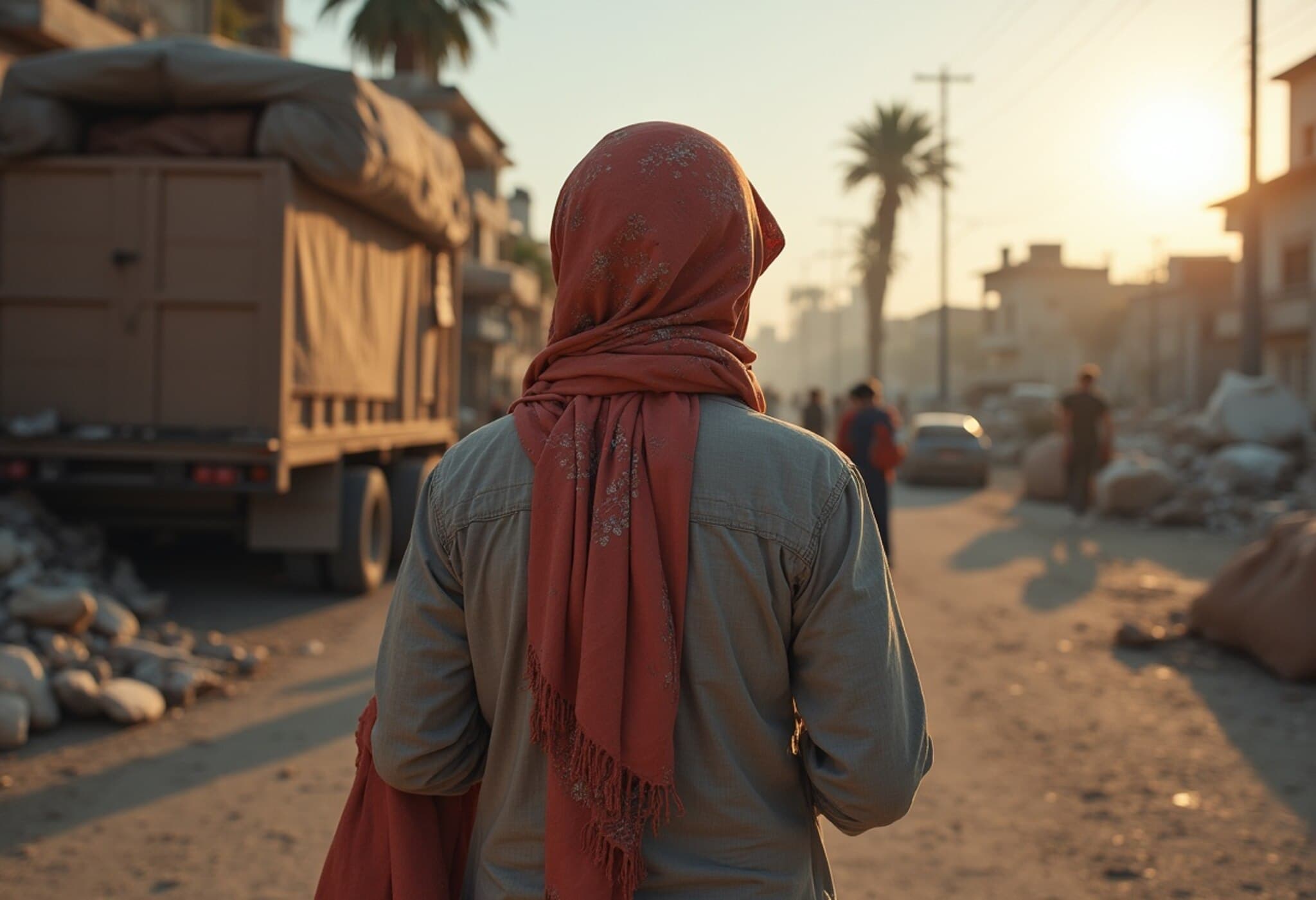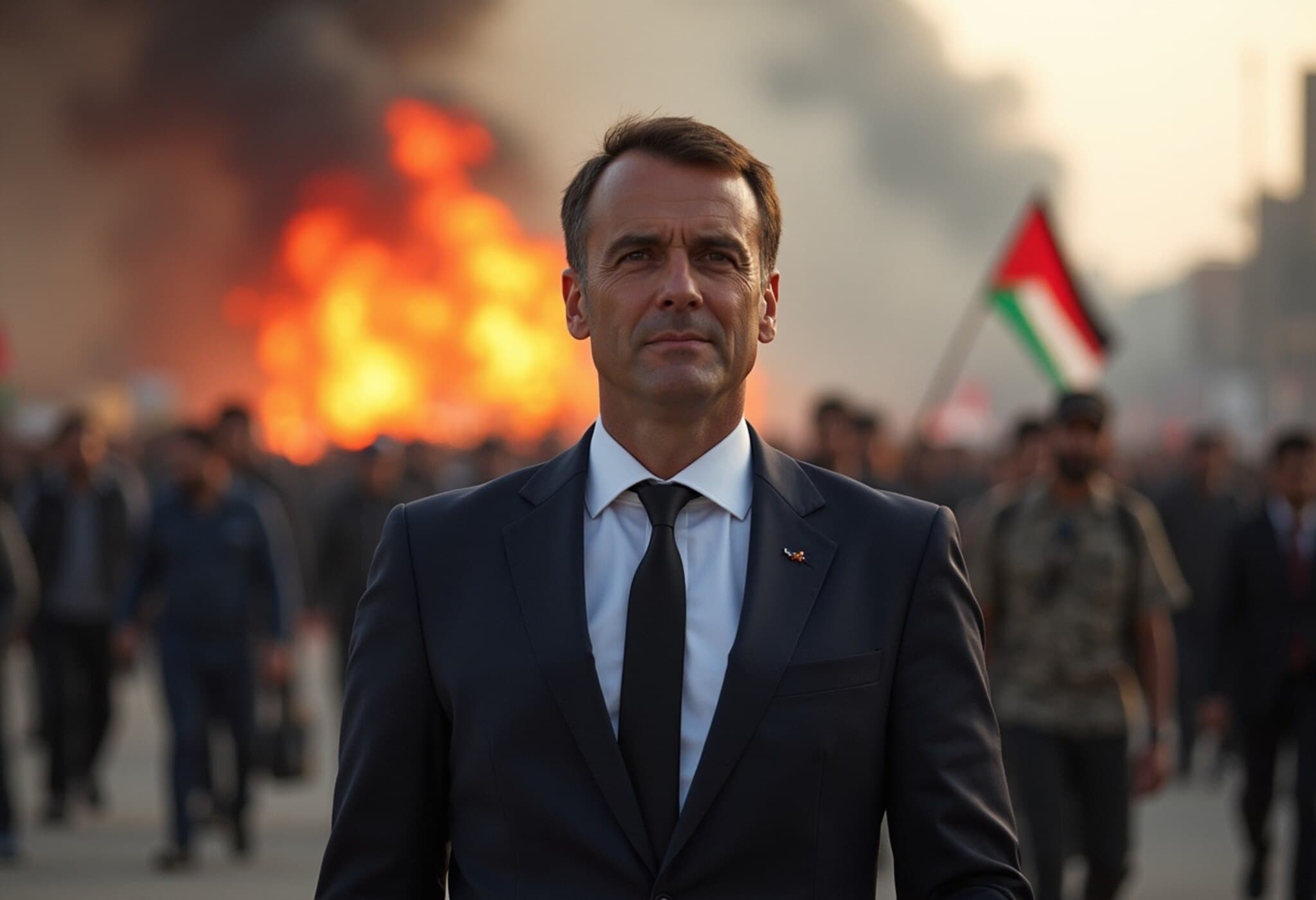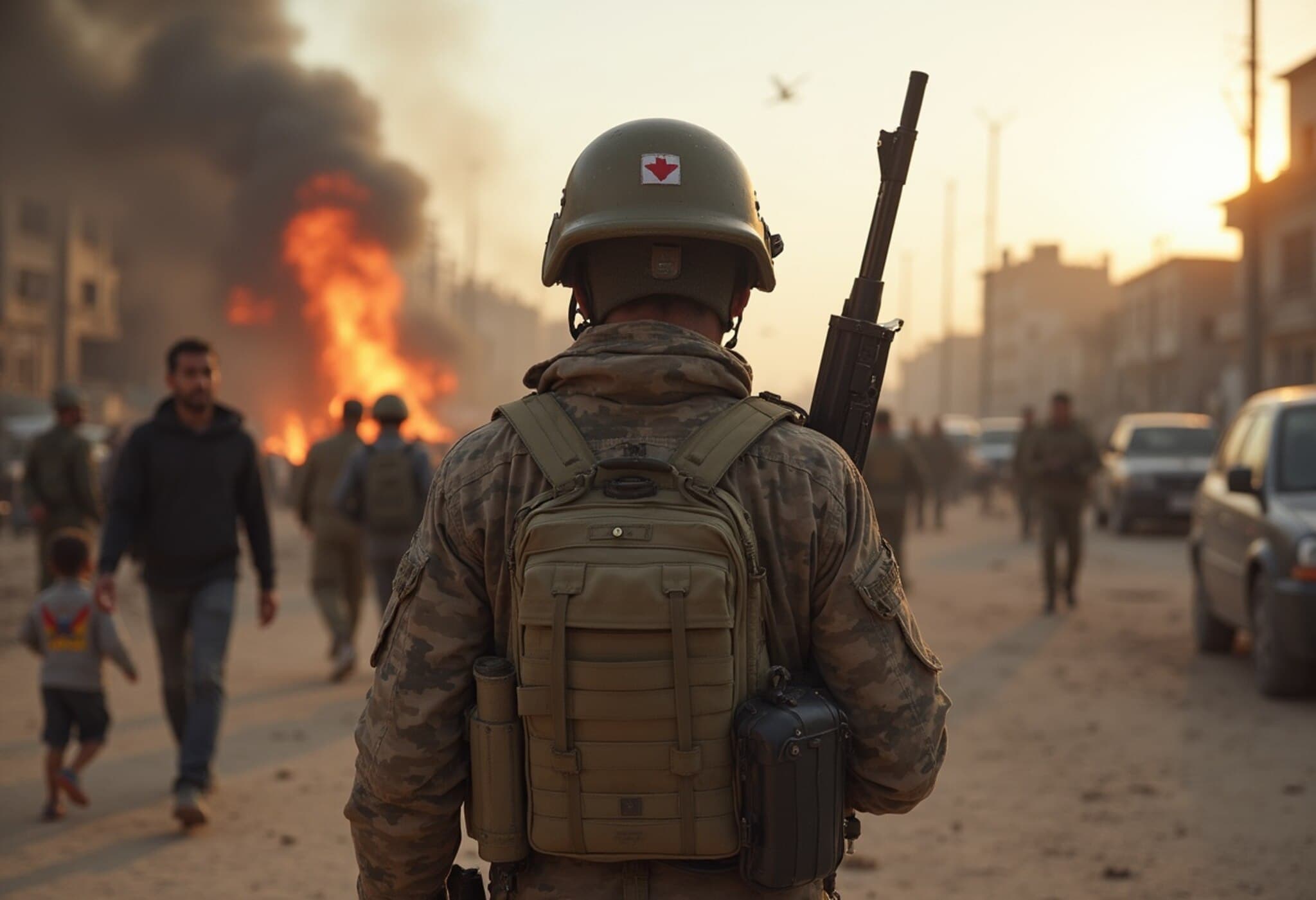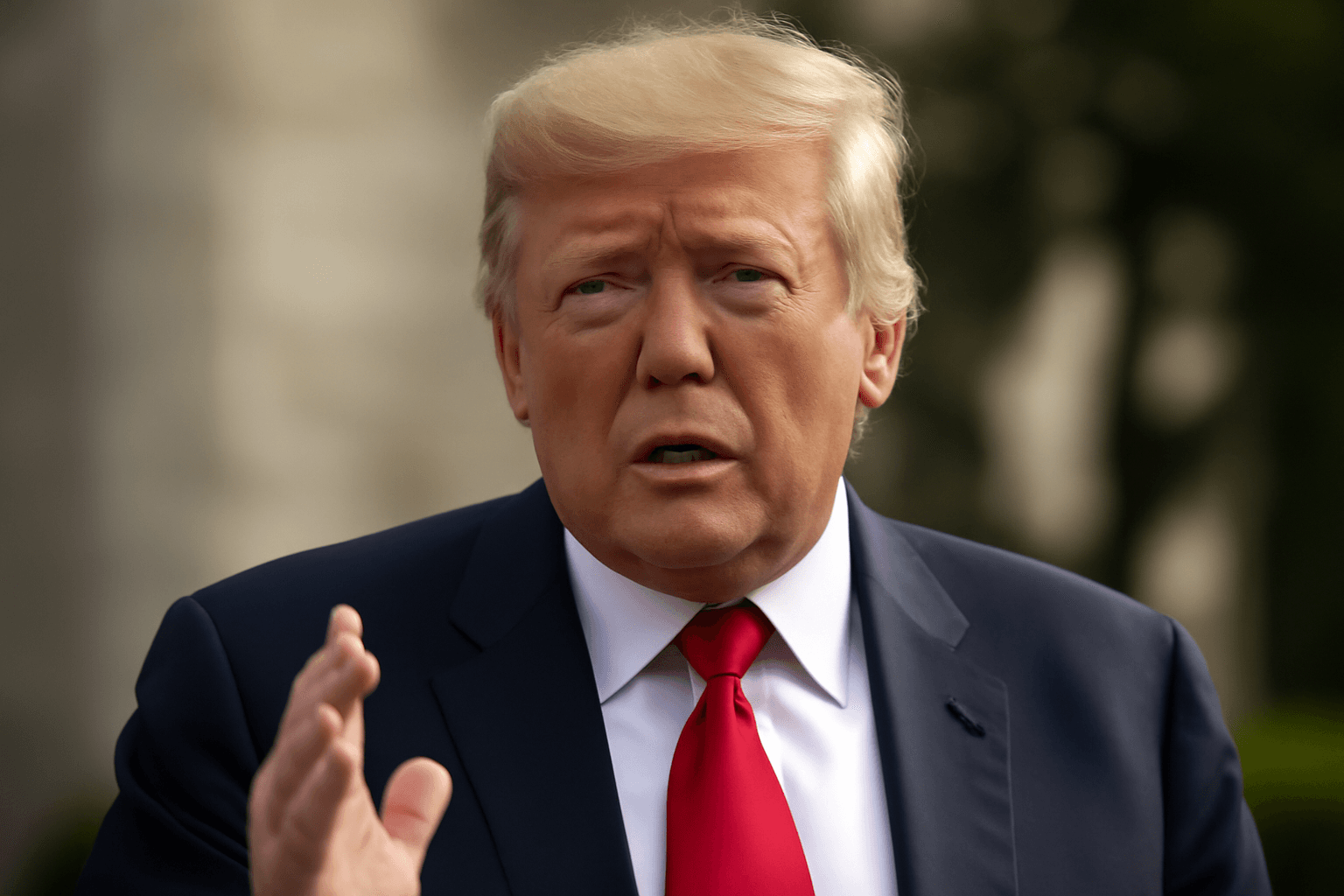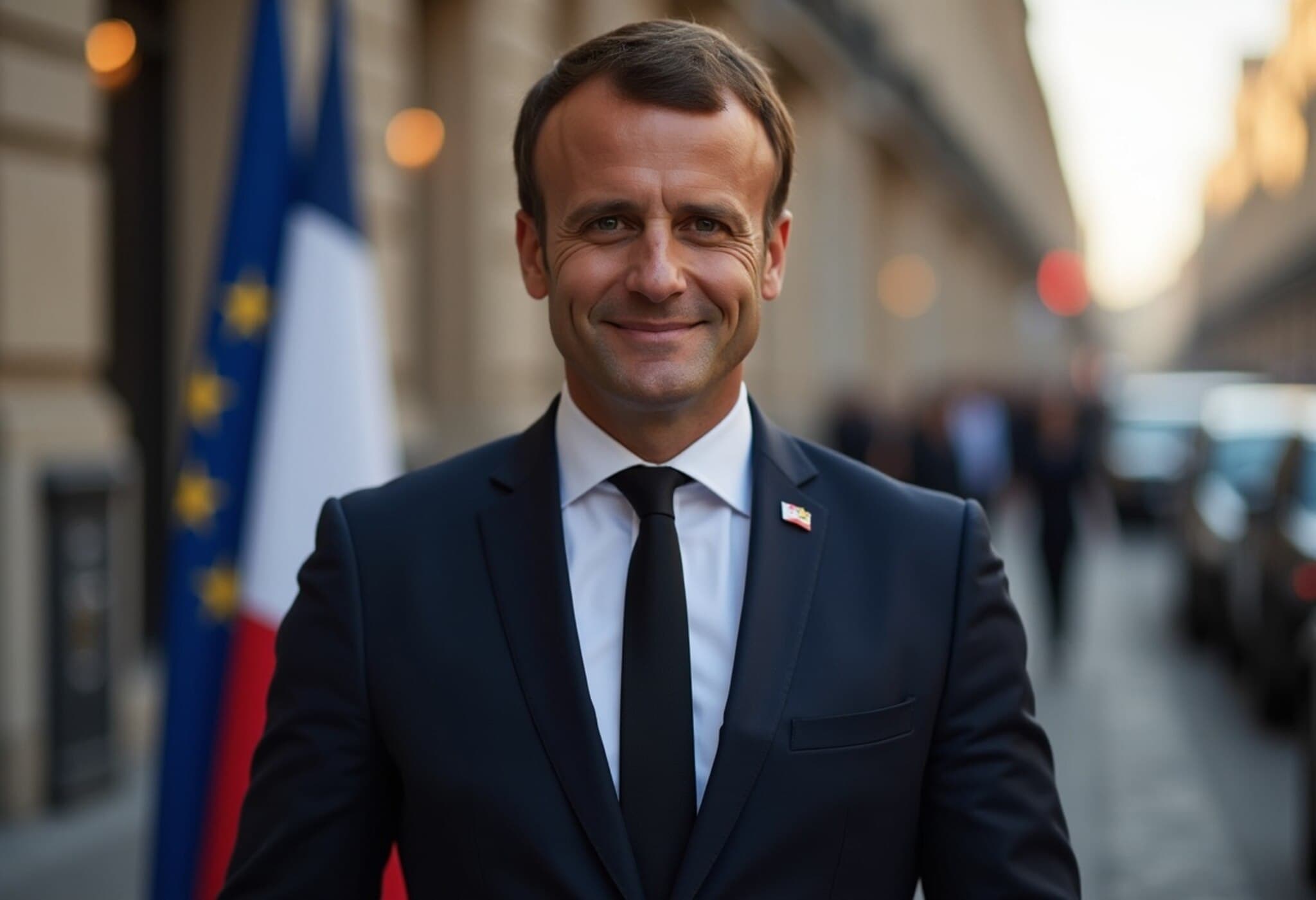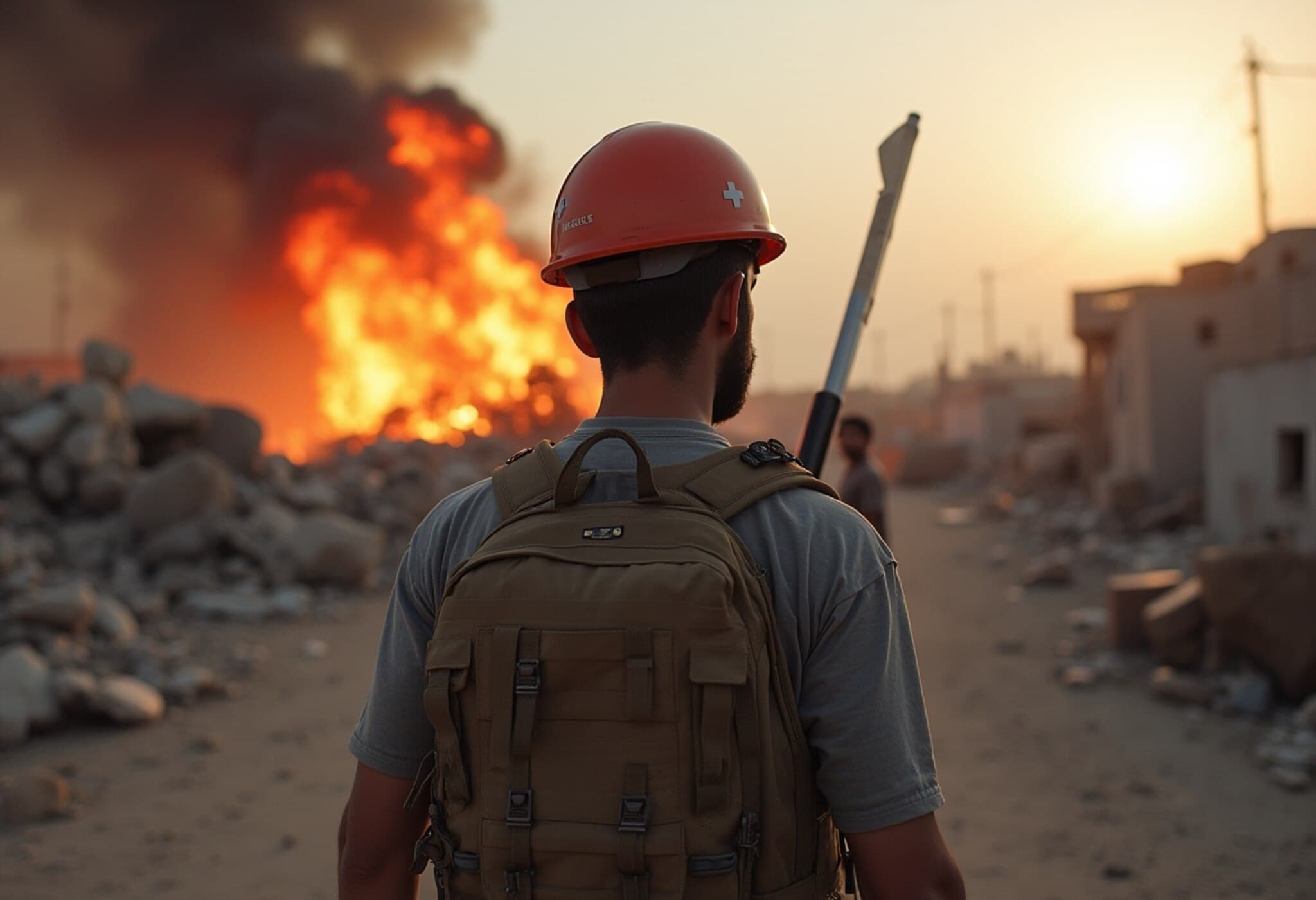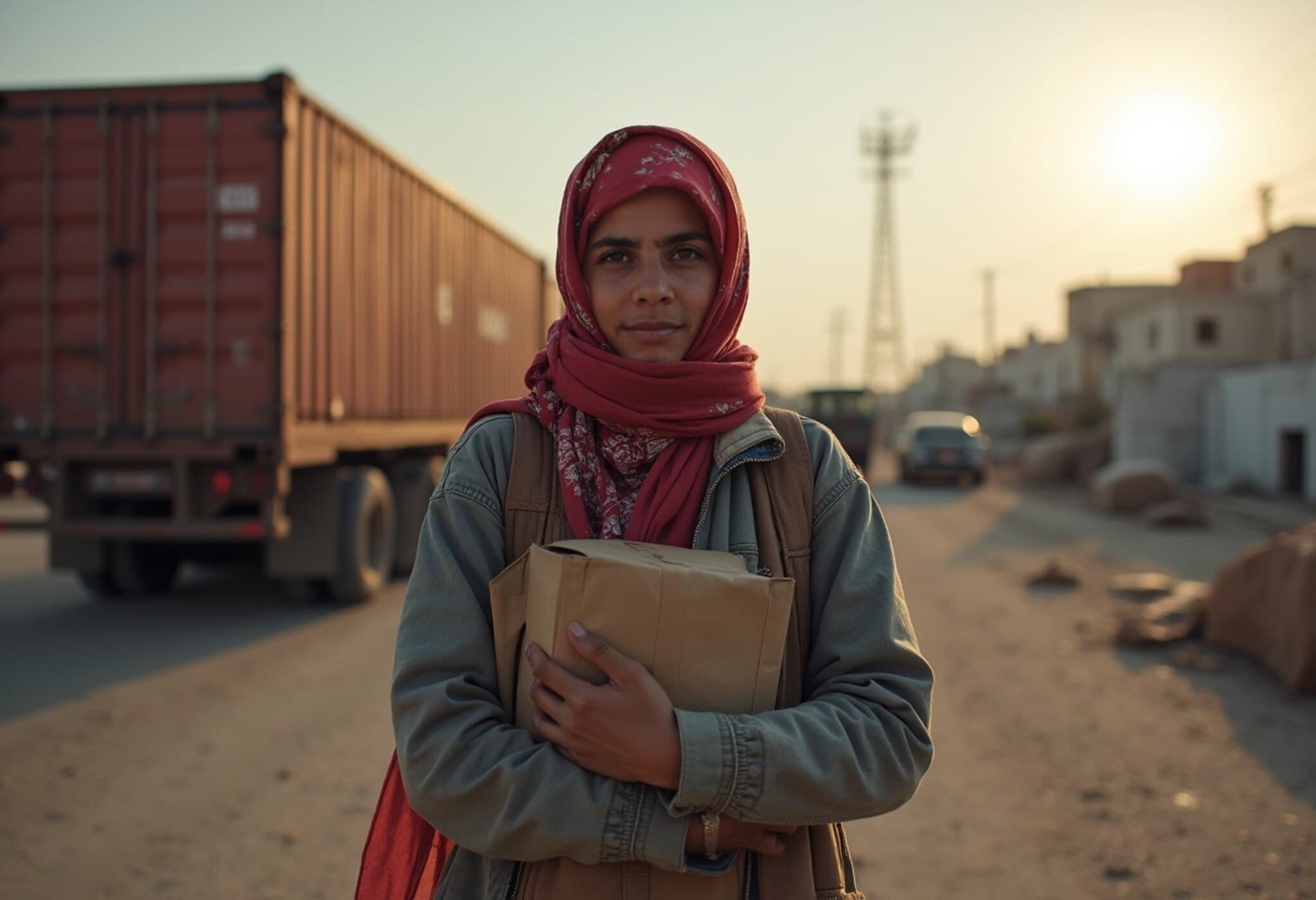UK Foreign Secretary David Lammy: Israel's Humanitarian Pauses Insufficient for Gaza Relief
In a candid statement issued on Sunday, British Foreign Secretary David Lammy voiced strong concerns over Israel’s recent pledge to impose daily 10-hour pauses on military operations in select parts of Gaza. While he acknowledged the announcement as "essential but long overdue," he argued it falls dramatically short of addressing the crushing humanitarian needs in the region.
Context of the Conflict and Humanitarian Crisis
The ongoing conflict, which erupted last October following a devastating Hamas attack on Israel, has led to staggering losses and displacement. Reports indicate that over 38,000 Palestinians have lost their lives, with hundreds of thousands more uprooted from their homes. This protracted war has drained critical resources, leaving civilians in Gaza vulnerable amidst severe shortages of food, water, and medical supplies.
Critique of Israel's Daily Operational Pauses
Israel announced these daily pauses in military activity—intended to last for 10 hours—in hopes of facilitating more humanitarian aid delivery through specified corridors. However, aid organizations on the ground emphasize that conditions remain dire and life-threatening. Limited access, bureaucratic bottlenecks, and ongoing security concerns continue to hinder the consistent flow of essentials.
Lammy stressed that while such pauses could provide temporary relief, they are insufficient without a comprehensive ceasefire and political resolution. He said, "This announcement alone cannot alleviate the needs of those desperately suffering in Gaza. We need a ceasefire that can end the war, for hostages to be released, and aid to enter Gaza by land unhindered."
The International Community’s Role and Responsibility
The United Nations alongside various international agencies have repeatedly warned about the risk of mass starvation in Gaza amid the blockade and restrictions. Ensuring safe and unimpeded humanitarian access has thus become a global imperative, with calls mounting for Israel to fully open land crossings and safeguard humanitarian workers operating in volatile environments.
From a geopolitical standpoint, the UK's position underscores a larger diplomatic challenge: balancing support for Israel’s security with urgent humanitarian concerns in Gaza. Lammy’s assertion that the UK will continue advocating for increased access and a lasting ceasefire signals ongoing engagement in seeking durable peace solutions.
Expert Commentary and Emerging Questions
- Legal Perspective: The timing and nature of Israel’s pauses raise complex issues under international humanitarian law, particularly regarding proportionality and distinction between military targets and civilians.
- Economic Angle: The blockade and conflict have devastated Gaza’s economic infrastructure, exacerbating poverty and limiting reconstruction efforts—a concern that must be addressed alongside ceasefire talks.
- Political Solutions: Without meaningful negotiations involving all stakeholders, humanitarian measures risk being temporary fixes rather than pathways to sustainable peace.
The story unfolding in Gaza is a stark reminder of the human toll of protracted conflicts. It prompts critical reflection on how international actors and media report crises, emphasizing not just immediate relief but also conceptualizing longer-term resolutions.
Editor’s Note
The UK’s critique highlights the delicate balance between military strategy and humanitarian necessity in Gaza. While Israel’s daily pauses may momentarily ease civilian suffering, they fall short of the comprehensive measures needed to secure sustained relief and peace. This raises essential questions: How can the international community better influence conflict resolution? What mechanisms ensure humanitarian corridors remain open and safe? And ultimately, how might diplomatic efforts translate into tangible improvements for those trapped in conflict zones? As the situation evolves, these questions remain urgent for policymakers and citizens alike.




